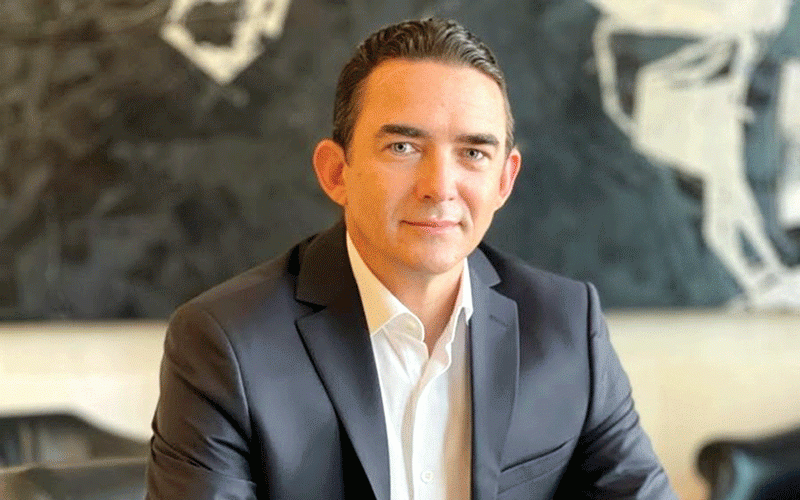
PROPERTY mogul Kenneth Sharpe has urged government to continue using the United States dollar after 2025, the year in which its usage will legally expire, to maintain economic stability.
Under Statutory Instrument 118A of 2022, the usage of foreign currency is allowed up till the end of 2025.
The greenback has become the preferred currency with the Zimbabwe National Statistics Agency last week saying that 80% of transactions were in United States dollar as of last month.
“The sustainability of the growth of the GDP (gross domestic product) can only be possible with a stable currency unit. We need to see the continuation of a stable currency unit in this economy to continue to grow it,” Sharpe said, during a panel discussion at last week’s Zimreal Property Investment Forum.
“And, if you look at the economy today, the US dollar is probably about 70% to 80% of this economy easily, which means that the growth that has taken place is courtesy of the US dollar.”
He said that if the US dollar was removed from the economy, the GDP would be back to US$12 billion prevailing during the era of the previous administration under the late former President Robert Mugabe.
The growth in the usage of the dollar comes as the market is shifting from the Zimbabwe dollar which has been depreciating since the beginning of the year.
The local currency has been losing value due to money supply growth to fund government’s expenditure with little to no economic growth. By June, the money supply had reached ZWL$14,27 trillion, an increase of over 500% from the end of last year.
- Thousands flee economic mess
- Disband RBZ: Hanke
- 40 000 enumerators threaten legal action
- Zimbos don't want to burden SA's health system
Keep Reading
The economy is estimated at nearly US$30 billion and US$21 billion by the International Monetary Fund and the World Bank, respectively.
“The distortions in the economy are because of the [use of the] Zimdollar (Zimbabwe dollar). There is a mismatch between reality and what is on the ground,” said Sharpe who is also WestProp CEO.
The distortions are around the fact that the transacting currency is predominantly foreign currency while the accounting or the settlement legal tender is Zimbabwe dollars.
TseboReal Asset Management (TAM) chief executive officer Mashilo Pitjeng said although the GDP was the main determinant in assessing the economy, politicians needed to look at the GDP per capita.
This economic metric measures the economic output of a nation per person to determine the prosperity of a nation by economic growth per person in that country.
TAM is a division of Tsebo BLK Consulting (Pty) Limited, a South African real estate asset management consulting and risk management advisory firm.
“If you look at the GDP per capita, it tells you whether the citizens of a country are getting wealthier or poorer and I think that’s the version for politicians because the role of government or politician is to improve the livelihood and welfare of its citizens. If they are not able to achieve that it means they must be kick out of office,” Pitjeng said.
He said that the GDP per capita for Zimbabwe, 17 years ago, was US$880 before rising to US$2 100 about six or seven years ago. This has been falling ever since, meaning that consumers were getting poorer.
Economists agree that the depreciation of the local currency has played a huge role in reducing the country’s GDP per capita, as calls for the continued use of the United States dollar grow louder.
Businesses prefer the United States dollar to invest in fixed assets as it maintains
value.
Old Mutual Property Zimbabwe Private Limited general manager, Stephen Kapfunde said that policy consistency would be key in ensuring stability over the next five years till the next general elections.
Zimbabwe has a capital requirement price tag of US$40 billion to reach upper middle-income status by 2030.
So far, the government has been funding this capital requirement by printing money hence the increase in the money supply over the first six months of the year.
WestProp were the anchor sponsors of the Zimreal Property Investment Forum.










